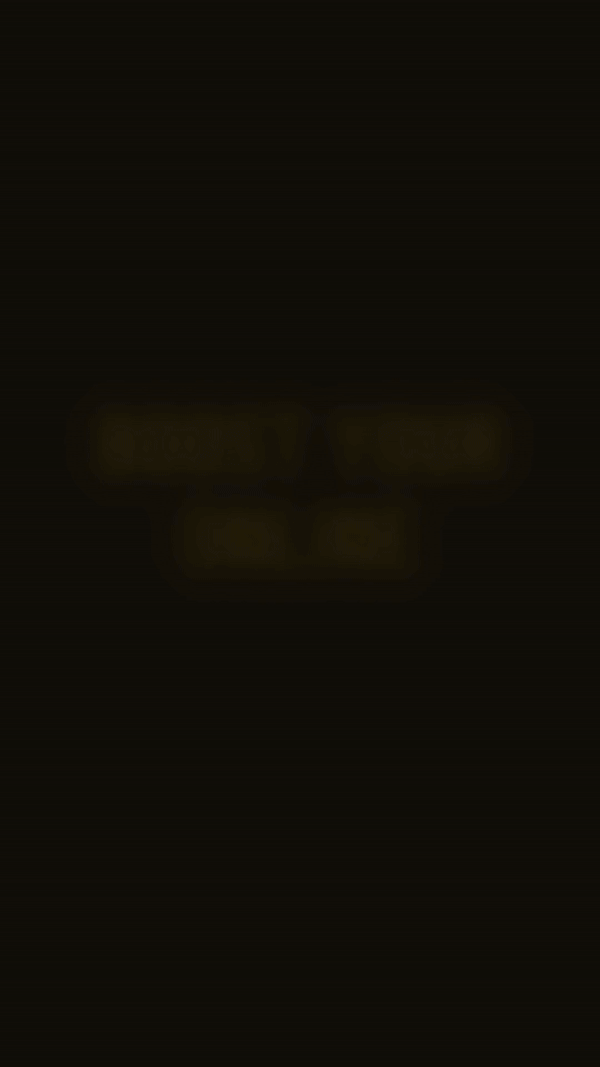Graffiti art, once restricted to urban fringes, has blossomed into an expressive medium transcending conventional artistic boundaries. What started off as clandestine graffiti tagging has now evolved into a revered form of creative expression celebrated for both creativity and cultural relevance. Graffiti workshops provide people an avenue for not only learning basic spray can techniques but also exploring creative new styles that push the limits of what graffiti can achieve.
Graffiti Workshops Are On The Rise
Graffiti workshops have evolved into hubs of creativity, drawing in participants eager to explore this dynamic art form. Graffitifun has quickly established itself as a market leader with regards to these workshops by hosting exclusive graffiti courses at its market-leading workshop venues; more than just instruction sessions, these experiences combine art education with hands-on practice; participants ranging from aspiring artists and curious enthusiasts come together under expert graffiti artists’ supervision in order to learn techniques beyond conventional spray can methods.
Techniques Beyond Spray Cans
- Stencil Art
One of the easiest yet impactful techniques taught at graffiti workshops, stencil art has quickly become one of the go-to techniques. Originating as a practical need to quickly reproduce designs across multiple surfaces quickly, stencil art has evolved into an integral component of graffiti artistry. Participants learn to craft intricate stencils that enable precise and repeatable patterns for layering detail into their graffiti artworks. This gives artistic control and opens new possibilities in terms of themes or narratives explored within pieces of graffiti artwork.
- Wheatpasting
Also referred to as poster bombing, wheatpasting introduces participants to an approach that blends street art with graphic design principles. This technique requires adhering printed or hand-painted posters onto public surfaces using wheat flour and water glue; graffiti workshops often teach this art form so participants can create visually striking posters conveying powerful messages or aesthetic appeal that resonate in urban environments. Wheatpasting encourages artists to consider how their art interacts with urban spaces for greater insight into public art’s influence in urban environments.
- Mixed Media and Installation
Modern graffiti workshops explore how mixed media and installation art techniques can be utilized within graffiti art. This approach encourages participants to go beyond conventional surfaces and materials and incorporate elements like found objects, lights, and interactive components in their creations. By merging graffiti art principles with installation art principles, artists can transform public spaces into immersive experiences that engage and provoke viewers.
The Role Of Graffiti Artists And Companies
Graffiti workshops depend on artists and companies leading them, with experienced graffiti artists contributing both technical expertise and an infectious passion for pushing artistic limits. As experienced educators of this art form, they provide not just skills training but also insights into its cultural background and evolution over time. Graffiti companies play a central role in organizing and promoting workshops that give artists opportunities to exchange knowledge while nurturing emerging talent.
Impact And Cultural Significance
Graffiti workshop enrich communities beyond teaching techniques; they empower individuals to reclaim public spaces through artistic expression, creating dialogue and appreciation of urban art. Participants gain deeper insights into socio-political issues often addressed in graffiti, ranging from social justice issues to environmental concerns – which strengthens its role as cultural commentary and increases the relevance and impact of graffiti art as cultural commentary.
Conclusion
Graffiti workshops serve more than simply learning sessions; they foster creativity and cultural dialogue through exploring alternative techniques beyond spray cans; participants not only expand their artistic skill set but also contribute to its continued evolution. As companies and artists continue their innovation and education of urban art practices, workshops will remain invaluable resources for nurturing creativity while encouraging community involvement through urban art forms.


